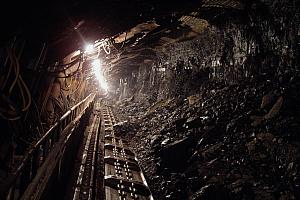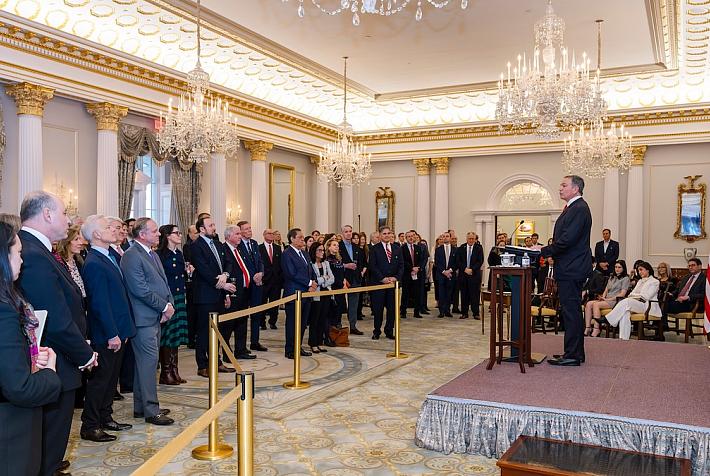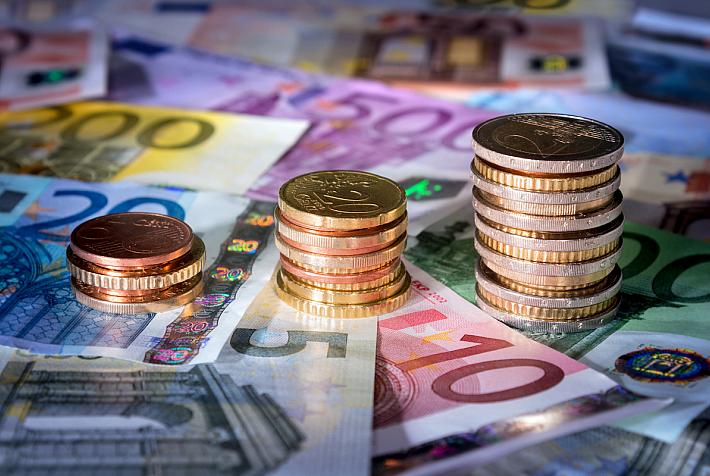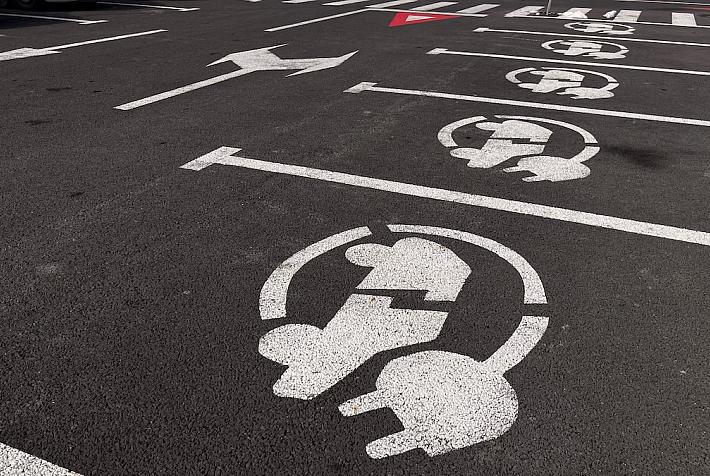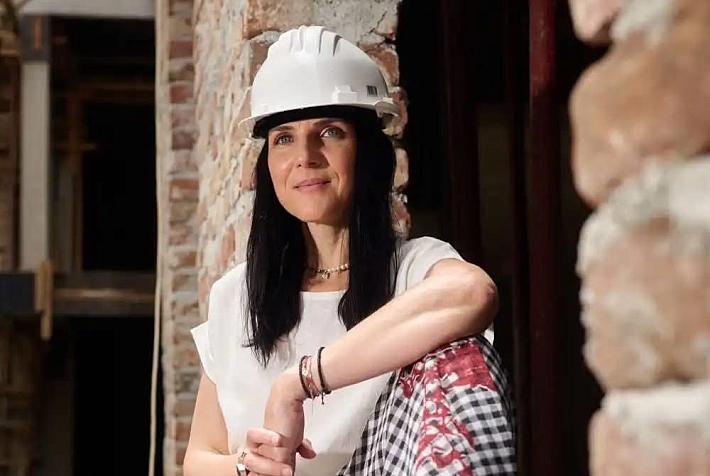RO energy-intensive companies to receive EUR 331 mln state aid

About 170 industrial companies in Romania will receive state aid for energy totaling EUR 331 million over the next three years, under an emergency ordinance (OUG 81/2019) passed by Government at the end of last year, which creates the legal framework for compensating the companies’ expenses with the CO2 certificates.
The aid will be directed to industrial companies that purchase electricity from coal-fired power plants (and therefore must pay for the CO2 certificates), Ziarul Financiar daily explained quoting managers in the steel industry.
Steel pipe producer TMK Artrom Slatina will receive compensations worth about 7.4% of its electricity bill, for instance, while the TMK Resita steel mill will have 6% of its electricity bill covered. The electricity bill accounts for 40% of the production costs incurred by aluminium producers and 18% of the costs incurred by steel producers. Over one third of the electricity bill represents the indirect cost of CO2 certificates passed to industrial end-users.
The list of state aid recipients includes steel, aluminum or chemical manufacturers such as Liberty (Sidex) Galati, Tenaris Silcotub Zalau, TMK Artrom, Doosan IMGB, Ciech Soda, as well as clothing or paper and cardboard manufacturers such as Pehart Tec Dej, Ambro Suceava, Manifatture Italiane Craiova and Shireen Fashion Timisoara.
“It is a huge help given to the Romanian industry, which is competing in the internal and external markets with companies from other countries that compensate these costs with the indirect emissions. That is why many factories were closed - IMGB or ArcelorMittal Hunedoara. Any delay in the application of this law is a handicap for Romanian companies,” Petru Ianc, president of the Romanian Metallurgical Society told Ziarul Financiar daily.
Industrial companies in Romania have been negatively impacted by the rising energy costs, which is one of the reasons why some have temporarily or permanently closed their activity, among which the IMGB platform or ArcelorMittal Hunedoara. Meanwhile, the production at the Hunedoara plant has restarted precisely on the premise of compensating these costs with indirect emissions, says Petru Ianc.
(Photo: Shutterstock)
editor@romania-insider.com







